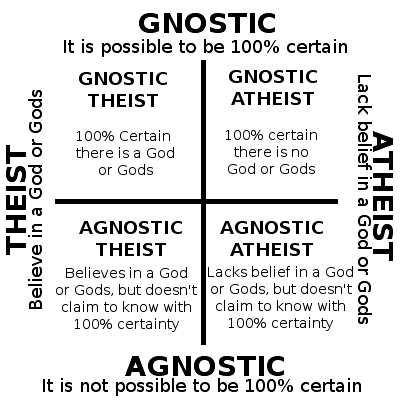Or, to say less with more: The belief in the personhood of an entity, human or otherwise, is analogous to the “religious” belief of non-human minds beyond or encompassing our own.
All sections below, disjointed and scattered as they are, try to show what I mean.

I have a relationship with God, the creator of the world.
After thirteen years of agnostic atheism, I now best describe my position as gnostic theism. The big idea that changed my mind is that my belief in personhood comes from faith alone. It is an unfalsifiable and unverifiable belief, by my epistemic standards.
Exploring my own mind through psychedelics and religious studies makes it obvious to me now that... (read 1575 more words →)
